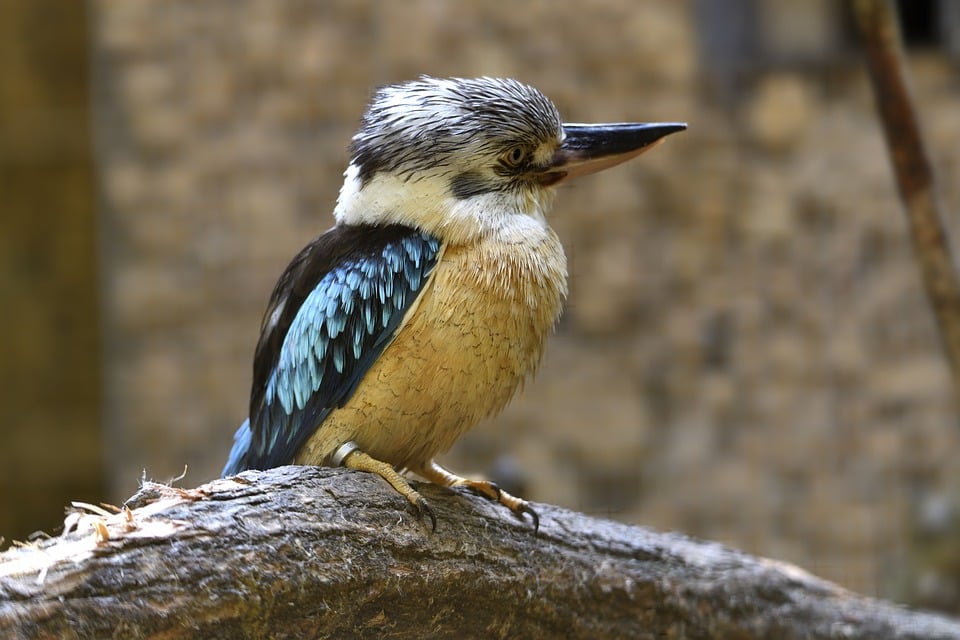[ad_1]
In today’s interconnected world, globalization has become a dominant force shaping societies and cultures around the globe. As borders become increasingly porous, people, ideas, and goods flow more freely across continents, leading to the homogenization of cultures and the erosion of traditional ways of life. Indigenous cultures, in particular, have been profoundly affected by the forces of globalization, as they struggle to preserve their unique identities in the face of mounting pressures to conform to mainstream practices.
The Historical Context of Indigenous Cultures
Historically, indigenous cultures have thrived in isolation, developing rich traditions, languages, and belief systems that are deeply rooted in their ancestral lands. These cultures have often been marginalized and oppressed by colonial powers seeking to impose their own cultural values and systems of governance. The legacy of colonization continues to impact indigenous communities today, as they grapple with the ongoing consequences of land dispossession, cultural genocide, and economic exploitation.
Current State of Indigenous Cultures
In the present day, indigenous cultures are facing unprecedented challenges as globalization accelerates the pace of social change and economic development. Rapid urbanization, industrialization, and the spread of consumer culture are exerting tremendous pressure on indigenous communities to adapt or risk being left behind. Many indigenous languages are in danger of extinction, as younger generations opt to speak dominant languages in order to access education and employment opportunities. Traditional knowledge systems are also at risk of being lost, as indigenous youth prioritize Western modes of learning over traditional ways of knowing.
Impact of Globalization on Indigenous Cultures
The impact of globalization on indigenous cultures is multifaceted, encompassing economic, social, and environmental dimensions. Some of the key effects include:
– Loss of land and natural resources due to commercial exploitation and unsustainable development practices
– Displacement of indigenous communities from their ancestral territories in the name of progress and economic growth
– Disruption of traditional ways of life and cultural practices as indigenous peoples are forced to assimilate into mainstream society
– Erosion of indigenous languages, knowledge systems, and belief systems as younger generations adopt Western values and lifestyles
– Threats to indigenous biodiversity and ecosystems as global markets drive demand for natural resources extracted from indigenous lands
Future Predictions for Indigenous Cultures
Looking ahead, the future of indigenous cultures in the age of globalization remains uncertain. While some indigenous communities are actively working to revitalize their traditions and reclaim their cultural heritage, many are facing immense challenges in the struggle to preserve their identities in the face of external pressures. The continued spread of Western consumer culture, digital technology, and social media is likely to further complicate efforts to maintain cultural authenticity and sovereignty.
Conclusion
In conclusion, the impact of globalization on indigenous cultures is an issue of critical importance that requires urgent attention from policymakers, scholars, and activists alike. As cultural anthropologists, we have a unique role to play in documenting, analyzing, and advocating for the rights of indigenous peoples to protect their cultural heritage and maintain their distinct identities in the face of globalization. By raising awareness about the challenges facing indigenous communities, we can work towards creating a more just and equitable world where all cultures are respected and celebrated for their diversity.
Thank you for taking the time to read this article and engage with the complex issues surrounding the impact of globalization on indigenous cultures. For further resources and in-depth exploration of this topic, we recommend consulting the work of leading scholars and organizations dedicated to promoting indigenous rights and cultural diversity. Together, we can make a difference in preserving the world’s cultural heritage for future generations to come.
[ad_2]
